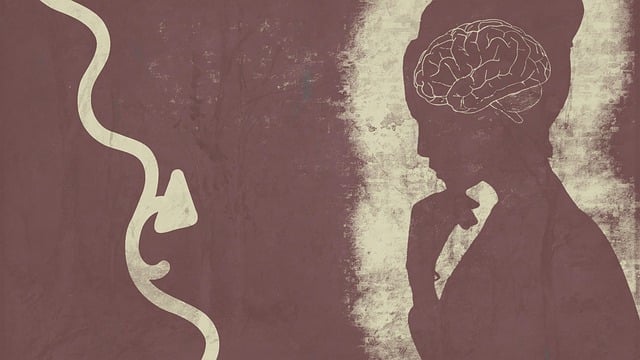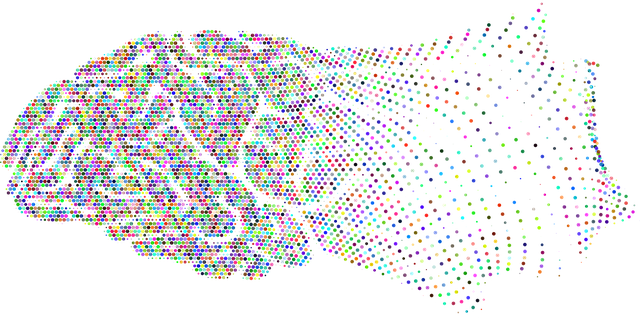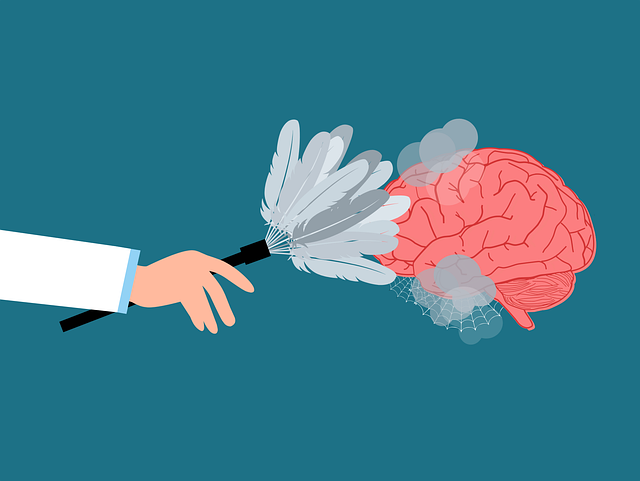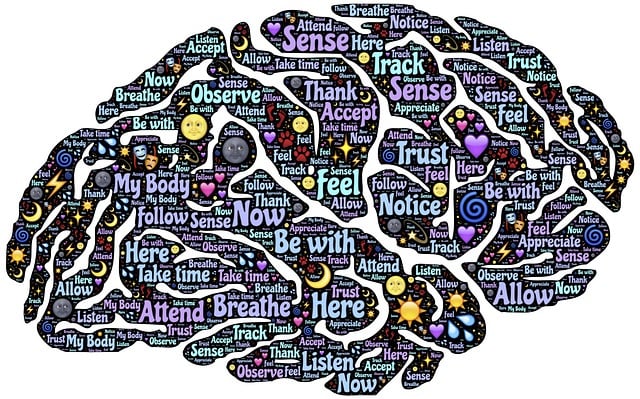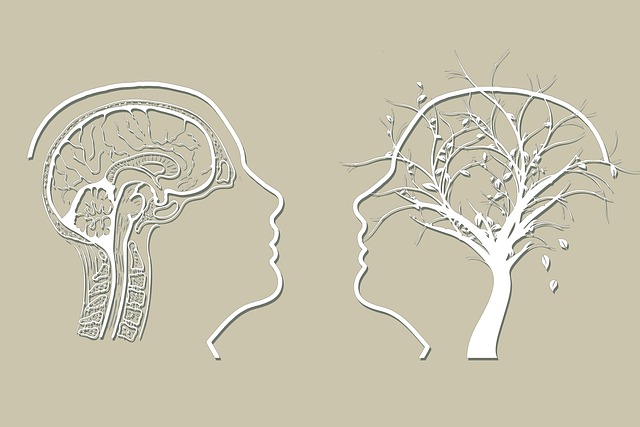Loss, grief, and bereavement significantly impact mental health, making specialized support crucial. Highlands Ranch Trauma Therapy offers tailored counseling, coaching, and stigma reduction to help individuals navigate these challenging experiences. Using evidence-based techniques like cognitive-behavioral strategies and mindfulness, they guide clients through the stages of grief, fostering resilience and long-term stress management. Personalized coping mechanisms such as art therapy and writing are emphasized, combined with cultural competency training for diverse backgrounds. Seeking professional help from Highlands Ranch Trauma Therapy is vital for processing loss, developing healthy coping strategies, and improving overall well-being.
Loss, grief, and bereavement are inevitable parts of life, yet their impact on emotional and mental health cannot be understated. In this comprehensive guide, we delve into the complex world of these experiences, offering insights into their effects and available support systems. We explore the specialized approach of Highlands Ranch Trauma Therapy, a proven method for coping with loss. Additionally, we examine common coping mechanisms and provide guidance on when to consider professional counseling, emphasizing its role in navigating difficult times.
- Understanding Loss, Grief, and Bereavement: An Overview
- The Impact of Loss on Emotional and Mental Health
- Highlands Ranch Trauma Therapy: A Specialized Approach
- Common Coping Mechanisms and Their Effectiveness
- Seeking Support: When to Consider Counseling and Therapeutic Interventions
Understanding Loss, Grief, and Bereavement: An Overview

Loss, grief, and bereavement are deeply personal experiences that can significantly impact an individual’s mental health and overall well-being. Understanding these concepts is the first step in providing effective support during difficult times. Loss refers to the absence or removal of something valued, such as a loved one, relationship, or even a possession. It sets the stage for grief, a natural emotional response characterized by feelings of sorrow, anger, confusion, and loneliness.
Grief is not a linear process but rather a unique journey for each person. Bereavement, on the other hand, specifically relates to the state of being after a loss, often focusing on coping mechanisms and adjustment. At Highlands Ranch Trauma Therapy, we recognize that these experiences can be complex and challenging. That’s why our experienced therapists offer tailored support, including self-awareness exercises, mental wellness coaching programs, and reduction efforts towards mental illness stigma, to help individuals navigate their emotions, heal, and develop healthy coping strategies for the future.
The Impact of Loss on Emotional and Mental Health

The impact of loss can be profound and far-reaching, affecting not just the present but also shaping an individual’s future emotional landscape. When faced with the sudden absence of a loved one or experiencing significant life changes, such as the loss of a job or moving to a new city—including places like Highlands Ranch Trauma Therapy—one may encounter a range of intense emotions. This can include deep sadness, anger, guilt, and confusion, often leading to increased stress and anxiety levels.
Such experiences can significantly impact mental health awareness, potentially triggering or exacerbating conditions such as depression. Effective grief counseling and bereavement support are vital tools in navigating these turbulent waters. By providing a safe space for expression and understanding, counselors can help individuals process their loss, develop coping strategies, and ultimately enhance their resilience, fostering better stress management and overall emotional well-being.
Highlands Ranch Trauma Therapy: A Specialized Approach

Highlands Ranch Trauma Therapy offers a specialized and compassionate approach to counseling individuals dealing with loss, grief, and bereavement. This unique therapy model recognizes that navigating through these challenging emotions can be particularly complex, often requiring tailored support. By focusing on trauma-informed care, therapists aim to create a safe space for clients to process their feelings and work through the stages of grief. The approach incorporates various evidence-based techniques, including cognitive-behavioral strategies and mindfulness practices, to help individuals develop coping mechanisms and enhance their mental wellness.
Incorporating mental wellness journaling exercises as part of the therapy process allows clients to reflect on their emotions and track their progress. Additionally, the program prioritizes healthcare provider cultural competency training, ensuring that therapists are equipped to support a diverse range of clients from various backgrounds. This comprehensive approach not only addresses the immediate needs of individuals experiencing loss but also empowers them with long-term stress management tools for improved overall well-being.
Common Coping Mechanisms and Their Effectiveness

In the aftermath of loss, many individuals turn to various coping mechanisms to navigate their grief and bereavement. Common strategies include engaging in social support networks, where sharing experiences with understanding friends or family can provide comfort and a sense of belonging. Art therapy, music, exercise, and writing are also popular outlets, offering creative channels for expression and emotional release. These methods have shown effectiveness in helping individuals process their loss, particularly when tailored to personal preferences and cultural backgrounds. For instance, Cultural Sensitivity in Mental Healthcare Practice plays a pivotal role in ensuring that counseling approaches resonate with diverse populations, enhancing the therapeutic experience.
Highlands Ranch Trauma Therapy emphasizes the importance of these innate coping mechanisms while also guiding clients towards developing inner strength. Through risk assessment for mental health professionals, therapists can tailor interventions to prevent and manage potential complications. This comprehensive approach recognizes that each person’s journey through grief is unique, and by combining traditional coping techniques with modern therapeutic practices, counselors can offer effective support tailored to individual needs, fostering resilience and healing.
Seeking Support: When to Consider Counseling and Therapeutic Interventions

When facing loss, grief, or bereavement, seeking support is a courageous first step towards healing. Many people often wonder when to consider counseling and therapeutic interventions for themselves or their loved ones. It’s important to remember that there is no one-size-fits-all timeline; everyone copes differently. However, if you find yourself struggling to manage your emotions, experiencing persistent sadness, or having difficulty performing daily tasks, it might be time to reach out to a professional.
Highlands Ranch Trauma Therapy offers specialized services for individuals navigating through these challenging times. Through various therapeutic approaches, including self-awareness exercises and stress management workshops, counselors help clients develop positive thinking patterns and coping strategies. These interventions can be especially beneficial when grief feels overwhelming or when it starts to interfere with one’s ability to function in daily life. Remember, seeking help is a sign of strength, and taking that step could make all the difference in your journey towards healing.
In navigating the complex landscape of loss, grief, and bereavement, recognizing when to seek professional support is paramount. This article has provided an overview of these emotional processes, highlighting their profound impact on mental health. By exploring common coping mechanisms and delving into specialized approaches like Highlands Ranch Trauma Therapy, individuals can find tailored strategies for healing. Remember that seeking counseling and therapeutic interventions is not a sign of weakness but rather a courageous step towards reclaiming one’s well-being and finding solace in the face of loss.

